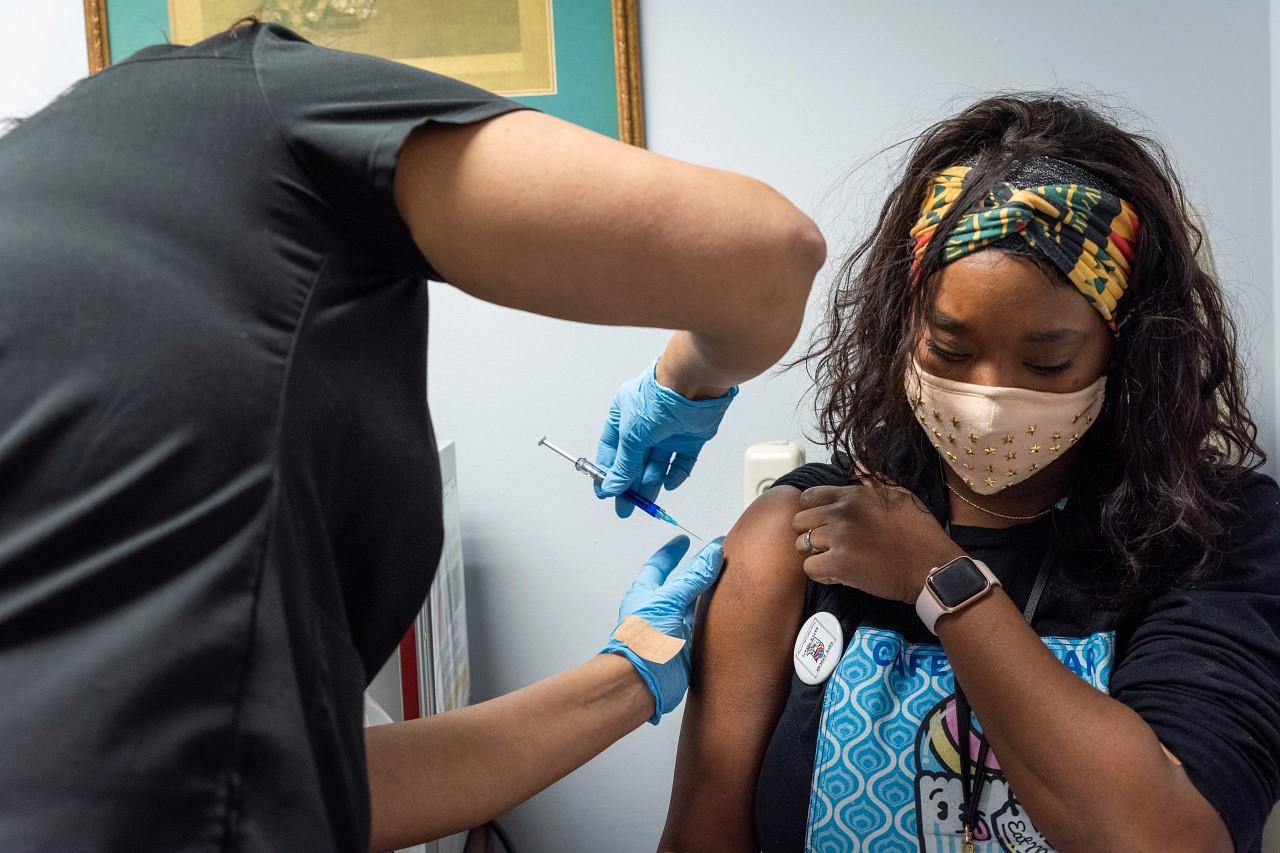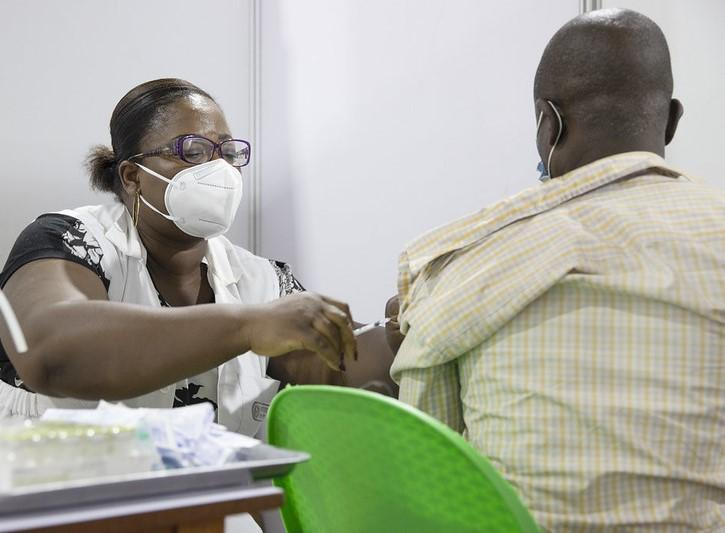A new analysis of data in Influenza and Other Respiratory Viruses finds that the incidence of COVID-19 hospitalization is more than double among patients with any psychiatric disorder compared to adults with no psychiatric disorder.
The longitudinal study is based on electronic health records collected from four health systems and research centers in Indiana, Oregon, Texas, and Utah that partner with the Centers for Disease Control and Prevention (CDC). The study follow-up period lasted from December 2021 to August 2022, after both widespread vaccination campaigns and the Omicron variant became features of the pandemic in the United States.
Among the 2,436,999 adults included in the study, the median age was 47. Women composed 58.3% of the sample, 66.1% were White, 12.9% were Black, 12.0% were Hispanic, and 3.6% were Asian. Among participants, 41.6% were unvaccinated, 35.7% had received two doses, and 22.7% had received three doses.
Anxiety, mood disorders tied to hospitalization
A total of 538,034 adults had any psychiatric disorder, including 13.6% with anxiety disorders, 12.9% with mood disorders, 3.1% with trauma or stressor-related disorders, 1.9% with attention-deficit hyperactivity disorders, and 1.0% with psychotic disorders.
Adults with psychiatric disorders were hospitalized at a rate of 394 per 100,000 person-years, compared with a rate of 156 per 100,000 person-years for those without psychiatric disorder.
Psychiatric disorder was a significant predictor of COVID-19-associated hospitalization (adjusted hazard ratio, 1.27; 95% confidence interval, 1.18 to 1.37). Mood disorders, anxiety, and psychotic disorders were most associated with hospitalization.
Adjusted hazard ratios for hospitalization among vaccinated and unvaccinated adults with or without psychiatric disorders was the same.
The relative protection associated with mRNA vaccination was similar irrespective of psychiatric disorder status.
"The relative protection associated with mRNA vaccination was similar irrespective of psychiatric disorder status, underscoring the benefit of COVID-19 vaccination in this population," the authors concluded.













